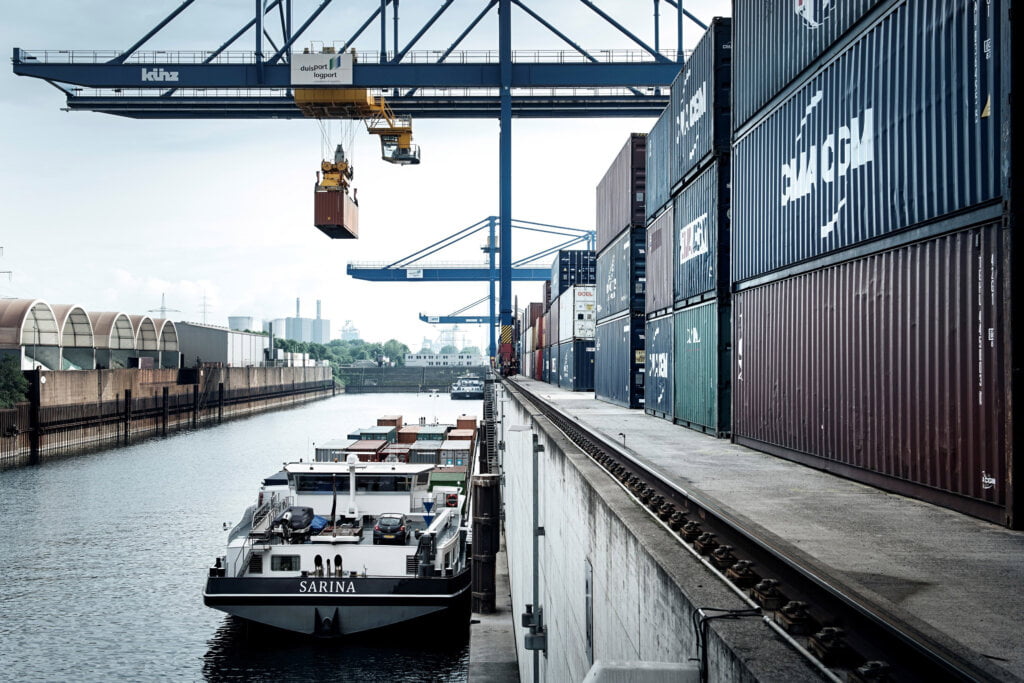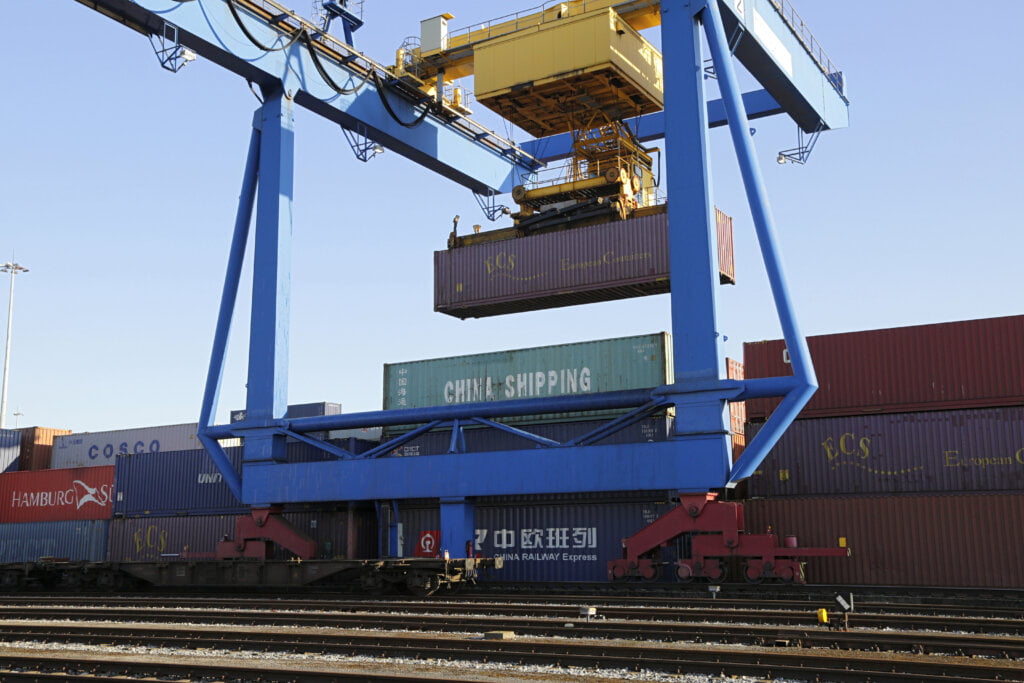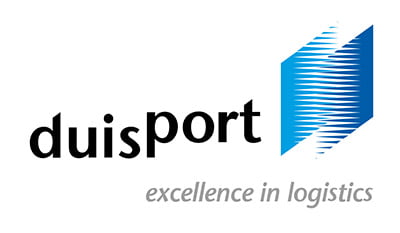Bridges spoke with Chief Executive Officer Markus Bangen of Duisburger Hafen AG about the company’s record year, the importance of the logistics sector in North Rhine-Westphalia and partnerships with Japan.
How was 2021 for the Port of Duisburg?
Despite the pandemic we saw an all-time high in container-handling volume last year of approximately 4.2 million twenty-foot equivalent units (TEU). In a recent study of port-dependent jobs, we generated an all-time high of more than 50,000 jobs in the city of Duisburg and the region.
Today, we are more than a port. Not only are we a “superstructure provider,” we are a fully integrated logistics service provider and remain 100 percent committed to serving the needs of our customers.

How important is the logistics sector to North Rhine-Westphalia?
North Rhine-Westphalia is the eighth-largest European Union economy and we play a leading role within the logistics sector. We are in the economic heart of Europe and connect strategically located cities and regions within Europe’s “Blue Banana” logistics corridor. Approximately 250 million consumers are within six to seven hours’ drive from the Port of Duisburg.
The port has the largest railway transportation turntable with connections to all main railway lines stretching from Europe to China. Customers can choose from six departure times per day and we act as a hub similar to Tokyo Haneda International Airport. We are connected to a strong economy with an industrial background and to emerging new economies.
We have two of the largest Japanese logistic companies here in the port and we work very closely with both. Yusen Logistics has been here for over 20 years and Ocean Network Express has its only inland container terminal here. We also have close ties to the Japanese consulate general.
Markus Bangen, Chief Executive Officer of Duisburger Hafen AG
How close are your connections with Japan?
We have two of the largest Japanese logistic companies here in the port and we work very closely with both. Yusen Logistics has been here for over 20 years and Ocean Network Express has its only inland container terminal here. We also have close ties to the Japanese consulate general. Japanese companies have similar approaches to doing business and we see opportunities to increase our cooperation in the future.

What does the future hold for the Port of Duisburg?
We will continue to develop our logistics solutions and strengthen our network while reducing our carbon footprint, for example by using hydrogen-shunting locomotives for the port and developing various projects related to sustainability and CO² reduction.
We have a joint agreement with our partners in Japan and through further innovation-driven collaborations, we expect to continue our shared success.



